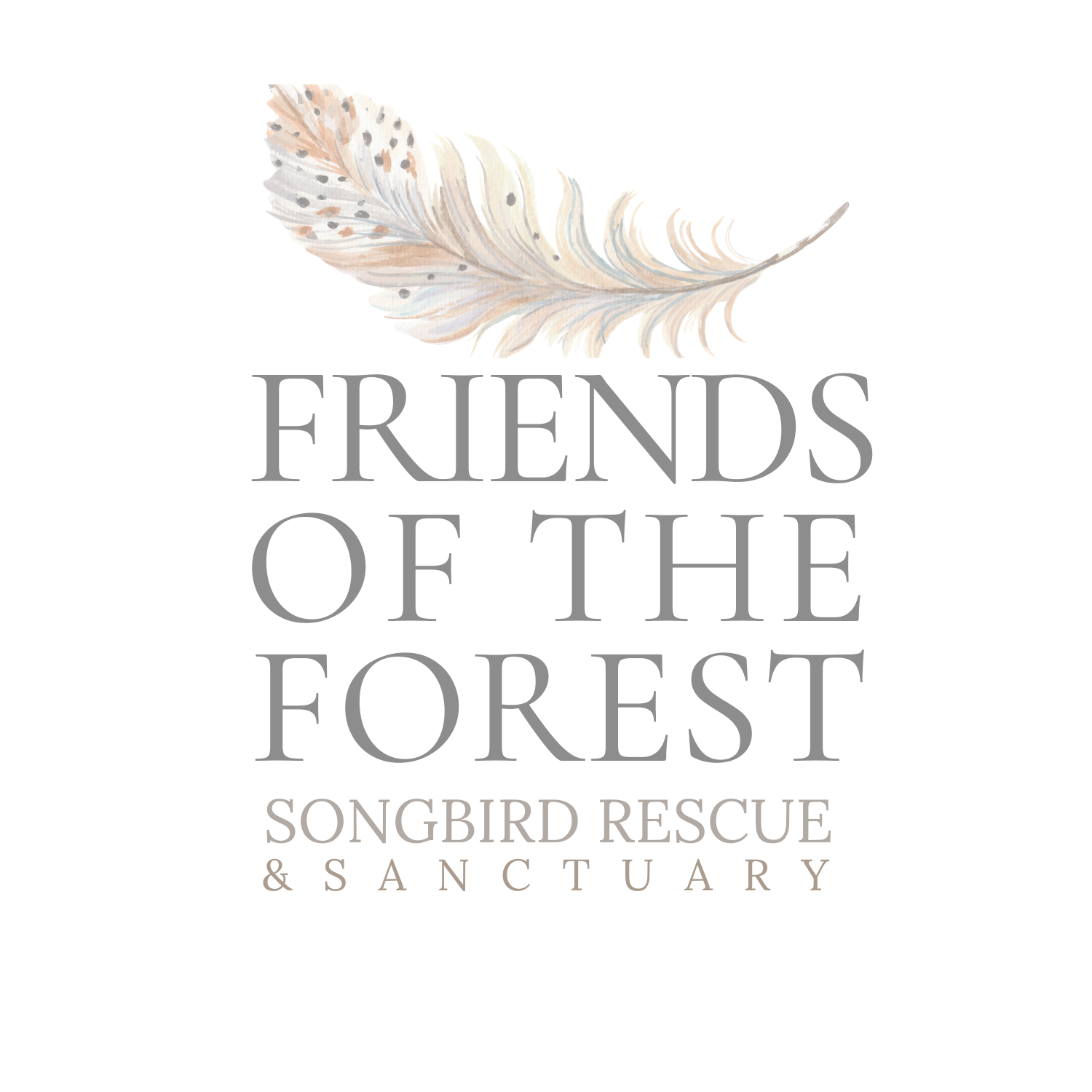
The Wildlife Rescue Kit Every Car Needs
Be prepared to assist any injured wild animals you may encounter by putting together this travel rescue kit to keep in your vehicle as needed. We recommend the following items:
-
Box or Cat Carrier
Always have a safe transport container for injured animals; this is safer for you while traveling, and also less stressful to the animal. Cardboard pet caddies are great for the car since they can be folded flat in between use.
-
Flat Sheets, Towels, Pillow Cases
These are helpful for throwing over an injured animal to aid in capture. They also can be placed over a transport crate when an animal is safely inside.
-
Pliers, Wire Cutters, Scissors
This is not essential, chances are you’ll probably not use it, but having some pliers in your kit would be very handy if you find an animal stuck on an object like barbed wire.
-
Leather and Latex Gloves
Animals can bite and scratch, no matter what species! It’s always best to wear protective gloves, even for very young animals. Many wild animals can carry zoonotic diseases [diseases that humans can get too], so keep your hands clean!
-
Florescent Safety Vest & Flashlight
The most important thing you’ll need to remember before you rescue any animal is your safety. There’s been a couple of sad incidents lately where someone stopped to help a wild animal in need and ended up in hospital themselves. Please be careful around moving traffic.
-
Important Phone Numbers List
Rather than having to search contact numbers on your phone, have a list of the important phone number you’ll require if you do pick up a sick or injured animal. It’s so much easier just to have them on hand. Keep it in your medical kit.
-
Shovel
A hand tool for moving or turning around snapping turtles that were about to walk across the road as well as to remove dead animals off the road. (helps prevent raptors from getting hit by cars)
-
First Aid Kit
Despite your best efforts to reduce the risk to yourself, wild animals can be very determined to get away by any means necessary. You may still get scratched or bitten. It’s always good to have a basic first aid kit on hand just in case.
-
Wildlife Reference Book
Another helpful addition may be a local species reference book and a caring for wildlife book too.
Important Tips Before Rescuing a Sick or Injured Animal
Do not attempt a rescue an animal unless you are confident that you will not be harmed in the process.
Wild animals become stressed when being chased or handled. Please seek expert advice before chasing or handling any injured animal.
Please don’t pick up snakes. Always call an expert.
Never touch bats. Because of their potential to carry rabies, specialized protocol dictates how to handle situations that involve bats. If a bat has bitten or scratched a person or a pet, or is found in a situation where exposure cannot be ruled out, contact the Wildlife Division at (860) 424-3011 or DEEP Emergency Dispatch at (860) 424-3333 for advice.
Try to keep the animal calm by minimizing the noise and interaction with people. Only handle if absolutely necessary.
Do not try to give the bird or any animal food and water. It could be the wrong food and cause them to choke, trigger serious digestive problems or cause aspiration pneumonia. Many injured animals are in shock and force-feeding can kill them. Especially with birds - everyone thinks they are doing the right thing by leaving them water and food, but in reality, it's the worst thing you can do. What is not intuitive to us is how easy it is to fatally injure a baby bird/animal by feeding it incorrectly.
Please don’t keep the animal and try to treat it yourself. You’re doing the animal a disservice by not handing it over to a hospital or licensed wildlife rehabilitator with knowledge and training.
Always check dead animals too, as they may have surviving young with them (e.g. in a pouch, such as an oppossum) or near them.



